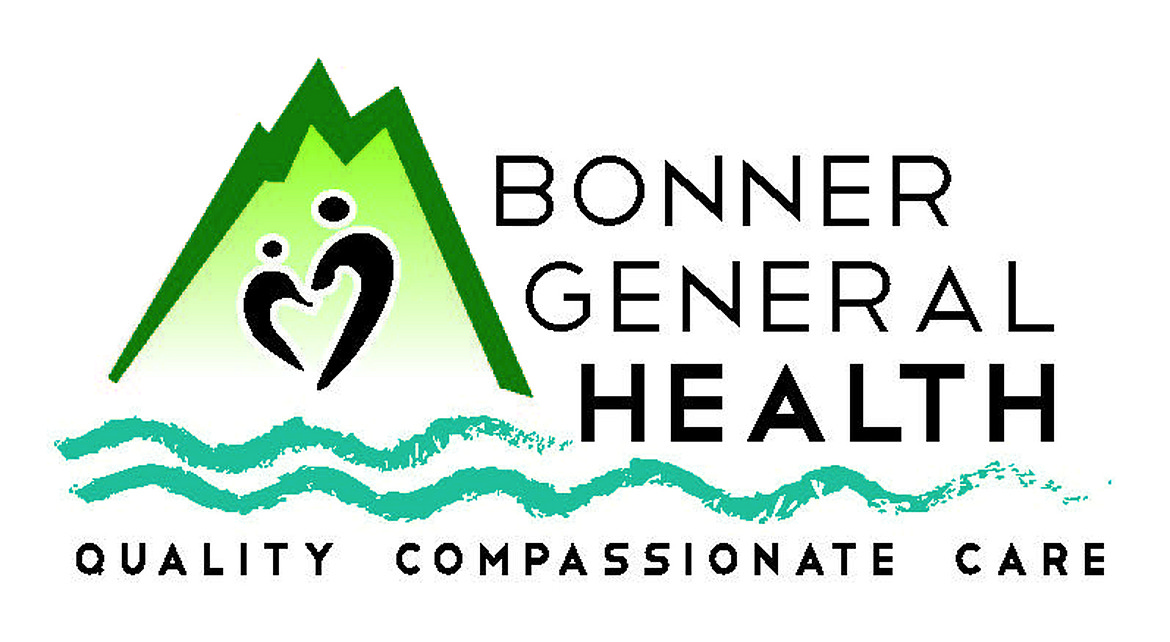Tips for avoiding arthritis pain
“You have to get up early in the morning, walk in the open and fresh air, breathe right and properly so it can help you relieve your pain,” a person called Buzz wrote on an arthritis support forum. “Read books daily so they can help relieve pain; do some exercise and meditation daily to relieve stress; sleep properly at night, and if after all this you feel your pain is not cured, consult with a professional for painkillers.”...
Become a Subscriber!
You have read all of your free articles this month. Select a plan below to start your subscription today.
Already a subscriber? Login




